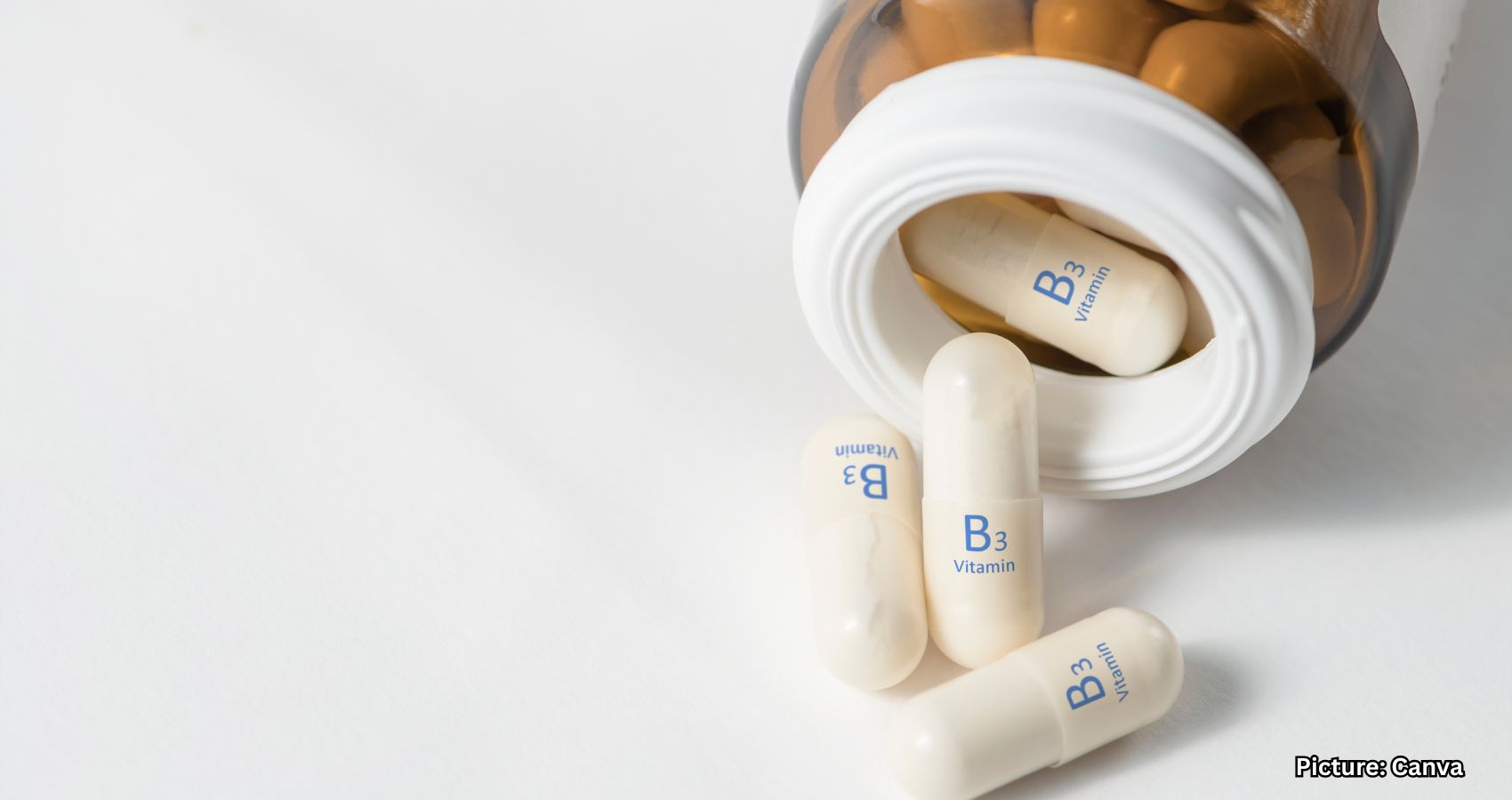A recent study suggests that vitamin B3, taken in specific doses, may significantly reduce the risk of certain skin cancers in veterans over a long-term period.
A new study published in JAMA Dermatology indicates that vitamin B3, also known as nicotinamide, may play a crucial role in preventing skin cancer. The research highlights a notable decrease in the risk of basal cell carcinoma and squamous cell carcinoma among veterans who consumed this vitamin over a 25-year period.
The study analyzed health data from more than 33,000 veterans, utilizing records from the Veterans Affairs (VA) system spanning from 1999 to 2024. Participants who took nicotinamide at a dosage of 500 mg twice daily were compared with similar individuals who did not take the supplement. Matching criteria included age, sex, race, history of skin cancer, and exposure to other treatments.
Additionally, the researchers took into account whether participants had specific health conditions, such as a history of organ transplants or chronic lymphocytic leukemia. Among the study group, 12,287 patients received oral vitamin B3 for more than 30 days, while 21,479 patients did not take the vitamin.
The findings revealed that those who consumed vitamin B3 experienced a lower incidence of skin cancers overall. Specifically, the risk of developing basal cell carcinoma and squamous cell carcinoma was reduced by approximately 14% in individuals who took the supplement.
The study also examined the recurrence rates of skin cancer. It was noted that patients who began taking nicotinamide immediately following their first skin cancer diagnosis had a remarkable 54% reduced risk of the disease returning. However, this benefit was less pronounced in individuals diagnosed with multiple skin cancers.
For patients with organ transplants, the overall risk did not show significant differences unless they started taking vitamin B3 early, which appeared to lower the risk of squamous cell carcinoma.
The researchers concluded that their results indicate a decreased risk of skin cancer among patients treated with nicotinamide, with the most substantial effects observed when treatment was initiated after the first skin cancer diagnosis.
In a recent podcast episode from JAMA Dermatology, co-researcher Dr. Lee Wheless of Vanderbilt University Medical Center discussed the implications of these findings. He expressed a shift in his perspective regarding the use of nicotinamide for skin cancer prevention.
Dr. Wheless noted that he would not recommend immediate nicotinamide use for someone newly diagnosed with skin cancer. However, he acknowledged the importance of early intervention. “If a patient has developed that field cancerization already, I really question — is this going to be as effective as if we had started before?” he stated.
He emphasized the need for proactive measures, stating, “I think this really pushes me to say we need to start now and not wait for you to have that sixth, seventh or more skin cancer before we start doing something preventive.”
The study’s findings may encourage healthcare providers to consider vitamin B3 as a preventive measure against skin cancer, particularly for high-risk populations such as veterans.
As research continues to explore the benefits of nicotinamide, it may pave the way for new guidelines in skin cancer prevention and treatment strategies.
Source: Original article

